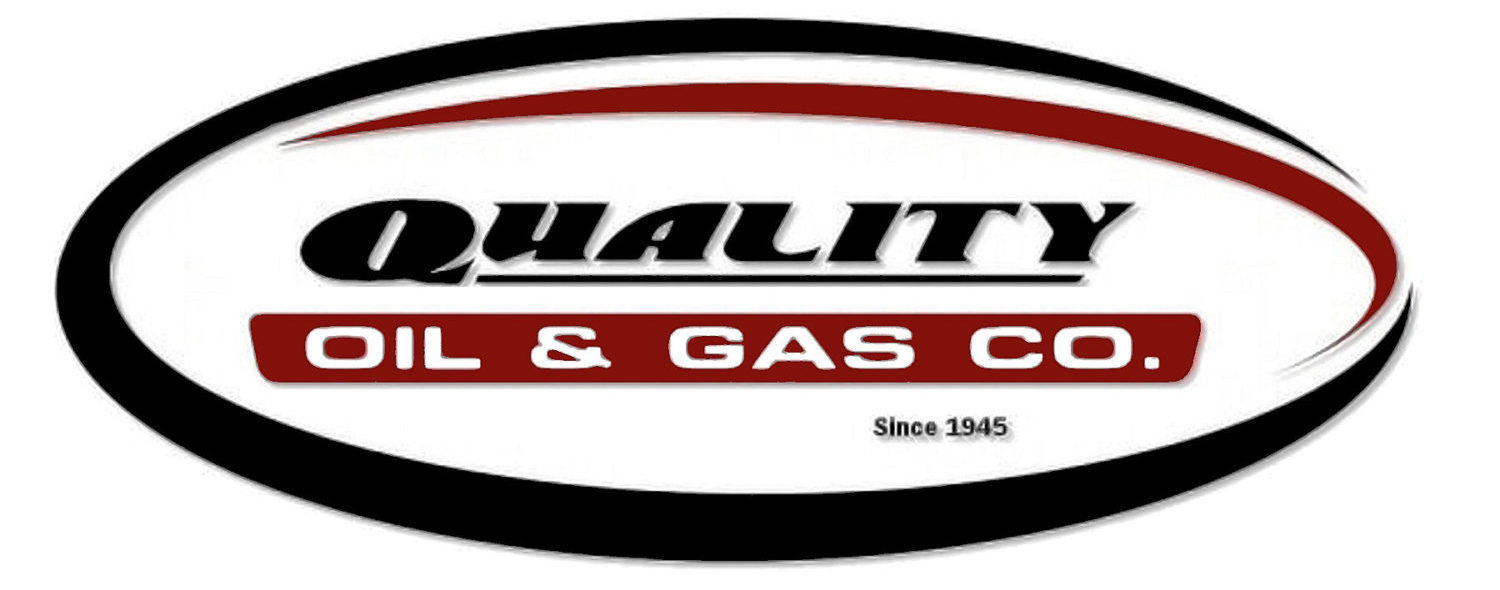1. Check for critters. If you grill has been hibernating and covered for a few months, there could be some unwant4ed guests lurking. Evict any spiders or other nesting critters and clear out the cobwebs or other debris from the manifolds, burner valves, connectors, etc. Compressed air (available canned if you don’t own an air compressor) is an efficient way to do this. 2. Clean it. Use a cleaning utensil and soapy water to remove any gunk that has accumulated on the inside or outside of your grill. If you have a wire brush, consider replacing it. The wire bristles can fall off and cause serious injury if ingested. To avoid a trip to the emergency room, use a nylon brush, wooden scraper or grill-cleaning cloth. If you remove the burners and gas tubes for cleaning, make sure to cover their connection points with aluminum foil so they don’t corrode. Once you’ve scrubbed sufficiently, use a towel to dry the grill. 3. Prevent rust. Don’t let April showers disintegrate your grill. Consider painting the exterior of the grill with a rustproof metal paint. If you find existing rust, you can gently scrub it off with steel wool. Parts like handles, knobs and wheels that are beyond saving are inexpensive to replace. 4. Inspect the tank. Run a leak test. Coat the regulator, valves, and hoses with soapy water, then turn on the tank to pressurize the system. Look for bubbles, which indicate escaping gas. Tighten connections and try again; if there’s still a leak, replace the hoses or the tank, if need be. Next, if your grill lacks spider guards, use a bottle brush to clear out debris or insect […]
Tankless water heaters
Propane water heating options include technology that is on the cutting edge of energy efficiency, such as condensing tankless water heaters. By choosing energy-efficient propane water heating systems over standard electric water heaters, you can help your homeowner and building owner clients significantly reduce their energy costs. The Department of Energy estimates that approximately 20 percent of a home’s energy costs are spent heating water. That’s why helping your homeowner select an efficient water heater is critical — and propane fuels some of the most efficient tankless water heating technologies available. Propane tankless water heaters provide comfort, versatility, convenience, and efficiency. Here are a few facts you should know. Tankless water heaters deliver an endless supply of water. Their compact size saves roughly 12 square feet of floor space. These systems are on-demand, so they heat water only when it’s needed. That feature eliminates standby losses that occur in systems with hot water storage tanks — like the typical electric water heater. They save more than $150 per year in energy costs compared with typical electric storage water heaters. They have 50 to 60 percent lower CO2 emissions compared with electric storage tank systems. Propane tankless systems also qualify for tax credits and rebates, which can make them even more cost-effective. Tankless Water Heaters Fact Sheet
